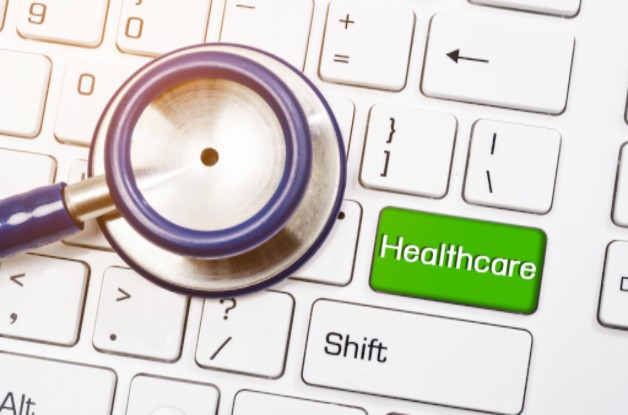Of the various technological advances of recent years, the Internet of Things (IoT) has been the most impactful to global lifestyles.
According to Forecast, it’s almost inevitable that the IoT will continue to grow in the coming years, even reaching as many as 75 billion devices by 2025. One sector that will likely feel the biggest impact from this technology revolution is the healthcare industry.
Aspects of the healthcare industry that could see changes in 2018 thanks to the influence of IoT include the following:
Disease management
IoT devices will make it easier to analyze the data collected about sick patients. This, in turn, will make it easier to track the infection rates and dispersal of a disease as it spreads. Having this data will make it possible to see where an infection might spread next, helping doctors and scientists stop the spread of diseases before they become an epidemic.
Enhanced treatment results
Treating illnesses early leads to a more favorable outcome for patients. Cloud-enabled healthcare solutions make this possible.
Lower costs
Being able to better manage a person’s treatment process though the cloud can also work to reduce medical costs and make healthcare more efficient. Internet-enabled medical devices that can accurately collect data from a patient’s body can help reduce doctor visits and hospital stays.
Overall patient experience
All of the above conditions will work to make each patient’s healthcare experience better. Even more, as the patient experience improves, so too will that patient’s trust in healthcare as a whole. This will lead to a healthier general population.
Of course, there’s always a downside.
For instance, increased internet access will lead to increased concerns over the safety of sensitive patient medical records. Experts are working tirelessly to ensure that all data on the internet remains safe from data breaches. A big factor in ensuring the security of patient data lies in encryption methods and built-in security controls.
